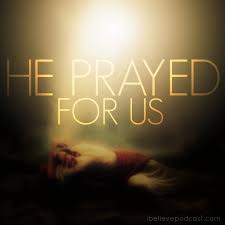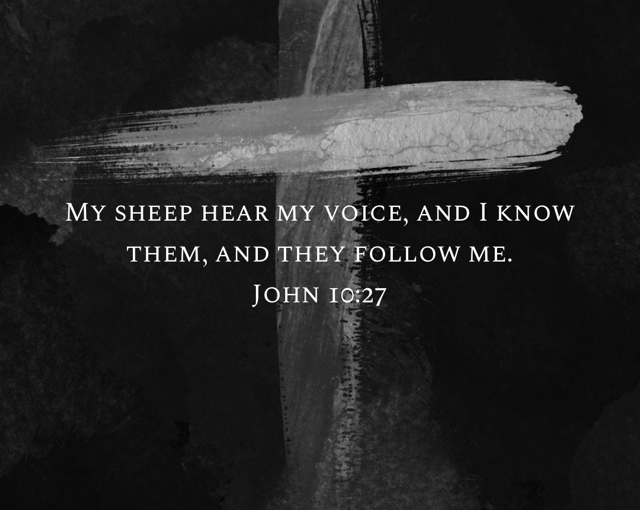John 18
This chapter of John’s gospel follows Jesus’ prayer for both you and I as believers in Him. Following this prayer in chapter 17, Jesus and His disciples got up and crossed over the Brook Kidron where there was a garden called Gethsemane. This garden was at the foot of the Mount of Olives where Jesus ascended to heaven and where He will return someday. This scene is where Judas’ betrayal of Jesus started to materialize.
Judas, along with a detachment of troops from the pharisees and high priests came to seize Jesus and to take him to be judged before Annas, Caiaphas (the high priest), and then Pilate (Roman governor). The religious leaders found Jesus as an “evildoer” (v. 30 NKJV), but they could not put Jesus to death according to their law (v. 31). Then they took Jesus before the roman governor Pontius Pilate, persistently seeking for Jesus to be killed. The first thing Pilate asks is, “Are you the king of the Jews?” (v. 33). Jesus answers Pilate’s question in verse 37 boldly claiming His kingship and His purpose for coming to the world: to “bear witness to the truth”.
Quite possibly one of the sadder quotations found in the Bible comes after this. Pilate asks, “What is truth?” and then left before he got the answer from the Messiah himself.
God has preserved His scriptures for thousands of years so that you and I may know the truth and this is it:
“For God so loved the world that He gave His only begotten Son, that whoever believes in Him should not perish but have everlasting life. For God did not send His Son into the world to condemn the world, but that the world through Him might be saved. “He who believes in Him is not condemned; but he who does not believe is condemned already, because he has not believed in the name of the only begotten Son of God. And this is the condemnation, that the light has come into the world, and men loved darkness rather than light, because their deeds were evil. For everyone practicing evil hates the light and does not come to the light, lest his deeds should be exposed. But he who does the truth comes to the light, that his deeds may be clearly seen, that they have been done in God.” (John 3: 16-21)
God took on flesh to dwell among us, to live a perfect life, to die on a cross, and to rise again conquering both sin and death. You are not too far gone. Read Paul’s words to Timothy,
“… Christ Jesus came into the world to save sinners, of whom I am chief. ‘However, for this reason I obtained mercy, that in me first Jesus Christ might show all longsuffering, as a pattern to those who are going to believe on Him for everlasting life.” (1 Timothy 1: 15-16)
God is patient, He does not condemn. He does not throw shame and guilt. You haven’t strayed too far for God to forgive you. You don’t earn your salvation; you receive it as a gift. Don’t move on with your day before understanding and knowing the truth. Don’t leave without understanding it. Don’t be Pilate.




